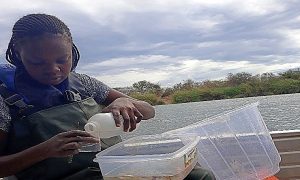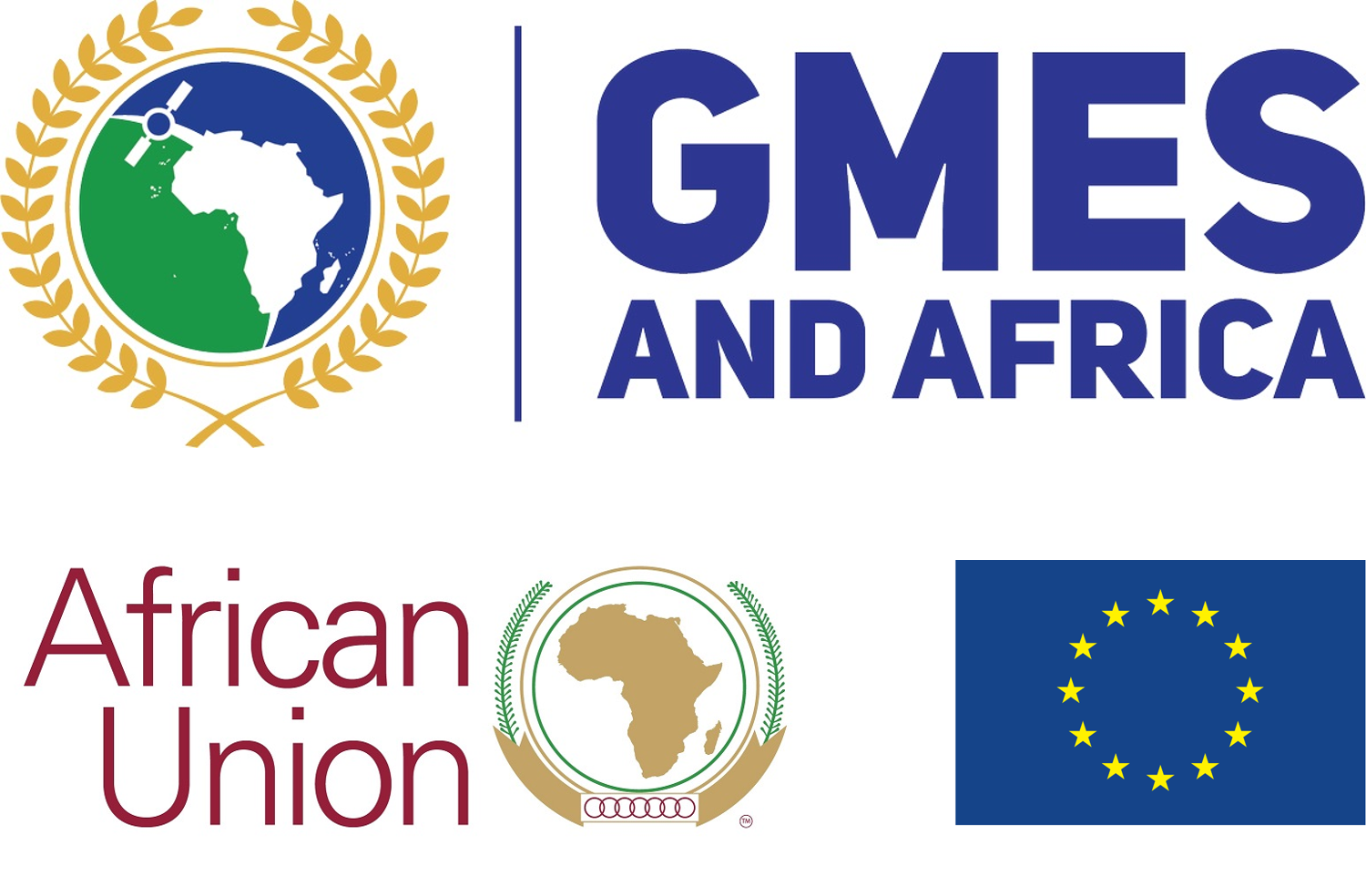Capacity Development
The southern African region lacks the human and institutional capacity to ensure the effective monitoring and assessment of its wetlands. WeMAST (Wetland Monitoring and Assessment Service for Transboundary Basins in Southern Africa), through its capacity development pillar, aims to extend existing EO (earth observation) capabilities to SADC (Southern African Development Community) decision makers for wetland assessment and monitoring, through capacity development and leverage awareness.
Pursuant to the GMES and Africa Support Programme directive, to promote the development of local capacities, institutional, human and technical resources for access to and exploitation of EO-based services on an operational basis for sustainable development in Africa, WeMAST, has a strong capacity development component that is being facilitated by the University partners of the consortium.
WeMAST fully funds six Master students and two Post Doctoral students. In this line, the following studies are supporting the work on WeMAST, being performed by its partner institution (click on the student name or picture to read more about their work for WeMAST):
Tatenda Dzurume
University of Western Cape
Supervisor: Dr Timothy Dube
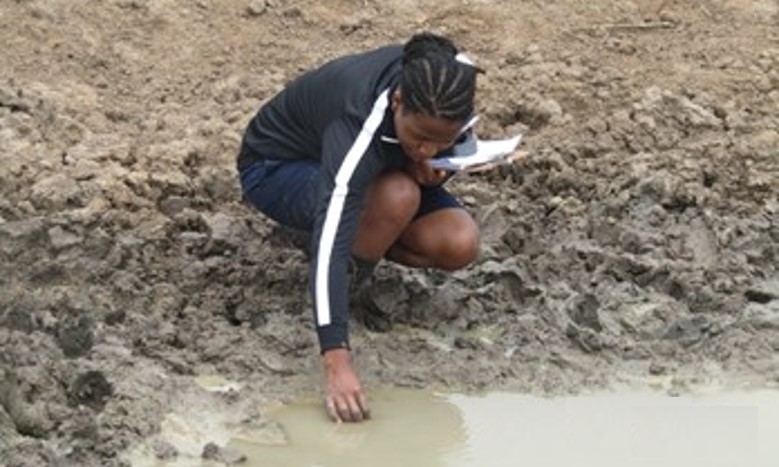
Siyamthanda Gxokwe
University of Western Cape
Supervisor: Dr Timothy Dube
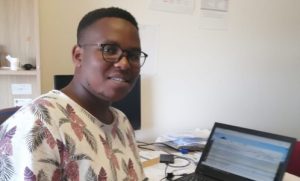
Ian Gofamodimo Magwaneng
University of Botswana
Supervisor: Prof Piet Kenabatho
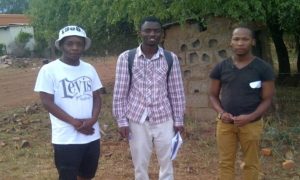
Mulema Mataa
University of Zambia
Supervisor: Dr Kawawa Banda
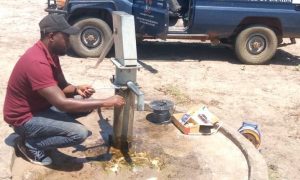
Botlhe Matlhodi
University of Botswana
Supervisor: Prof Piet Kenabatho

Tatenda Musasa
Midlands State University
Supervisor: Dr Thomas Marambanyika
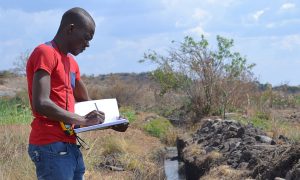
Keto Ngwenya
Midlands State University
Supervisor: Dr Thomas Marambanyika
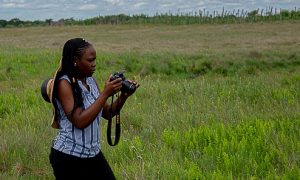
Victoria Ngwenya
University of Zambia
Supervisor: Dr Kawawa Banda
